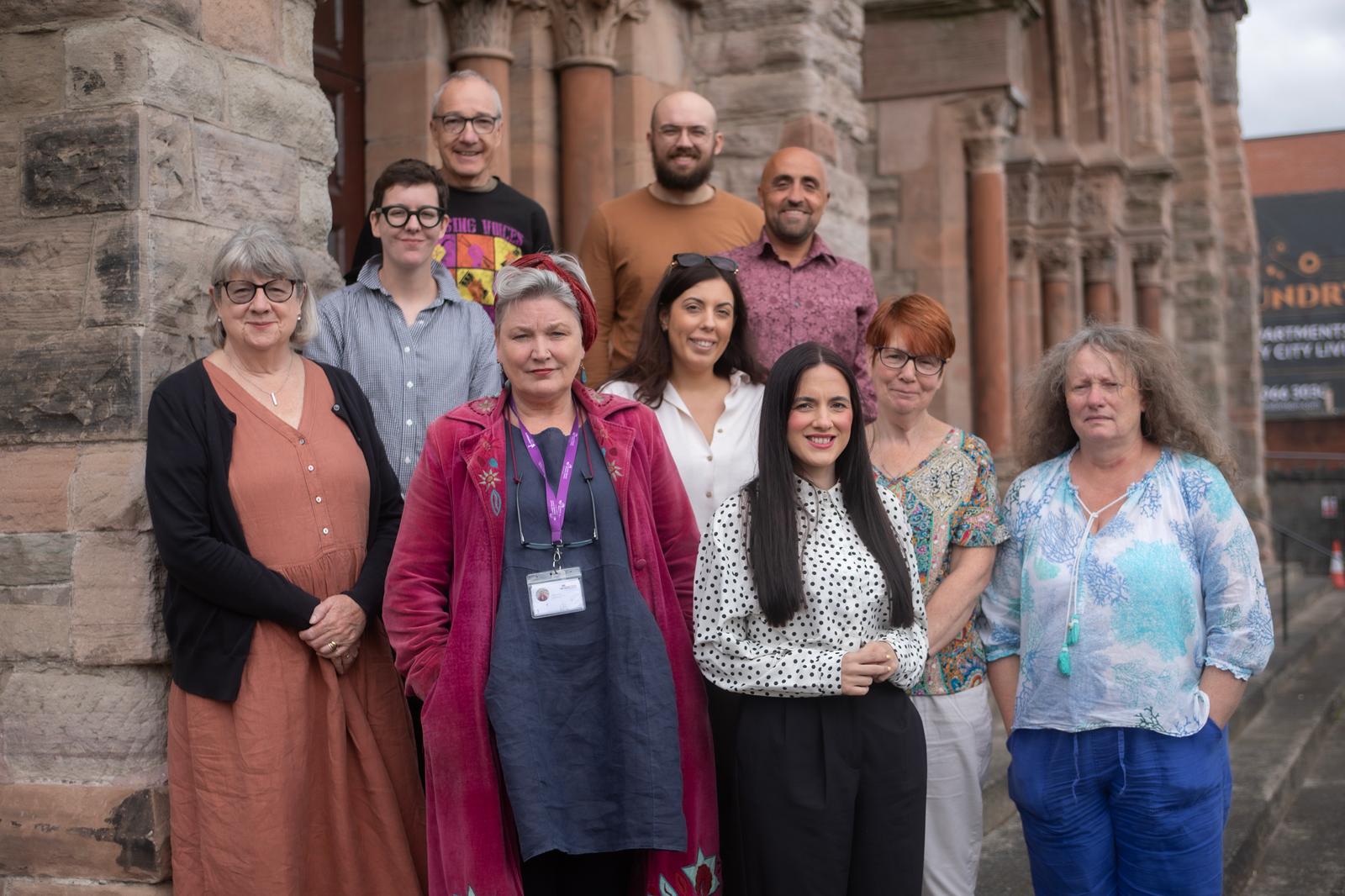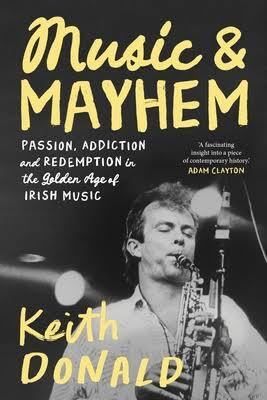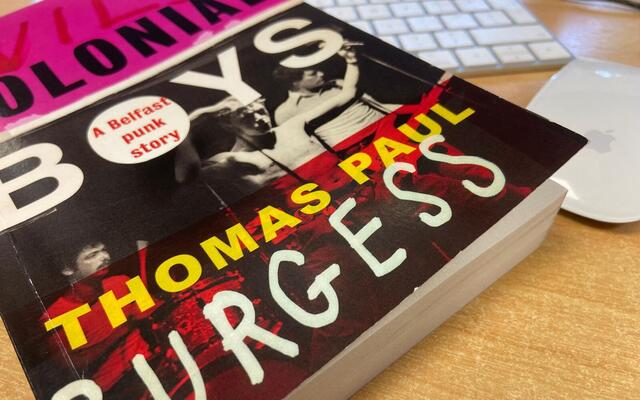A 2013 promise by then First Minister and Deputy First Minister Peter Robinson and Martin McGuinness to bring down Belfast's peace walls within ten years was "meaningless".
That's the view of peace wall author and campaigner Vicky Cosstick whose 2015 opus 'Belfast: Towards a City Without Walls' inspired a fresh focus on the walls which criss-cross the city and have stood longer now than the Berlin Wall.
Meeting the ‘Irish Angel’ artist Debbie painting her mural, which also incorporates into the art some stones thrown across the gates dividing the communities that are closed each night 🕊️🎨 #Belfast pic.twitter.com/Ux98qs8kVK
— Professor Nitasha Kaul, PhD (@NitashaKaul) June 19, 2025
They were talking out of the tops of their hats," Vicky told the Andytown News during a break in a day-long seminar on the peace walls which is taking place today at Townsend Memorial Hall on Townsend Street - a building which abuts the peaceline. "What had happened was that the then Secretary of State Theresa Villiers had threatened to pull funding from the Executive and Obama had been to town and wanted to know why these barriers were still up. In response Robinson and McGuinness picked a date out of their heads and declared it their goal."
But, adds Cosstick, there was no strategy or resources underpinning that declaration.
"They hadn't thought it through at all. The reality is that the peace walls weren't and aren't a priority."
However, the English author does see signs of hope. "Mixed economy developments do seem to be the way forward," she said. "Since I wrote my book, there have been many developments on the peace lines - the Shankill Women's Centre, the Blackmountain Shared Space, the Carnegie Library on the Oldpark Road, the Ulster Orchestra taking over Townsend Presbyterian Church, Lidl opening up near Flax Street - which are reducing segregation and building bridges."
But despite increased engagement by the Department of Justice - which has overall responsibility for the peacewalls - Cosstick believes much of society has a blindspot when it comes to interface communities. "Northern Ireland operates at two levels. I was in the new, swish Neighbourhood Café on Donegall Street this morning, which is like a slice of San Francisco, and then you have working class communities in the shadow of the peacewalls which are suffering from high levels of poverty, drug abuse, paramiltary influence andpoor mental health. It's as if society here hasn't yet made the connection between these barriers and the burdens faced by the communities who live alongside them."
One of the oldest 'peace walls' in Belfast has finally come down.
— Mark Simpson (@BBCMarkSimpson) January 29, 2020
After 40 years, the barrier on Duncairn Gardens has now been demolished.
It'll be replaced with a smaller fence, but barriers are slowly coming down in Belfast ... brick by brick. pic.twitter.com/zDEQobyTVF
Cosstick will be writing a chapter about the peacewalls to a new book about Belfast urbanism due out later this year and plans to include observations from today's seminar in her contribution.






